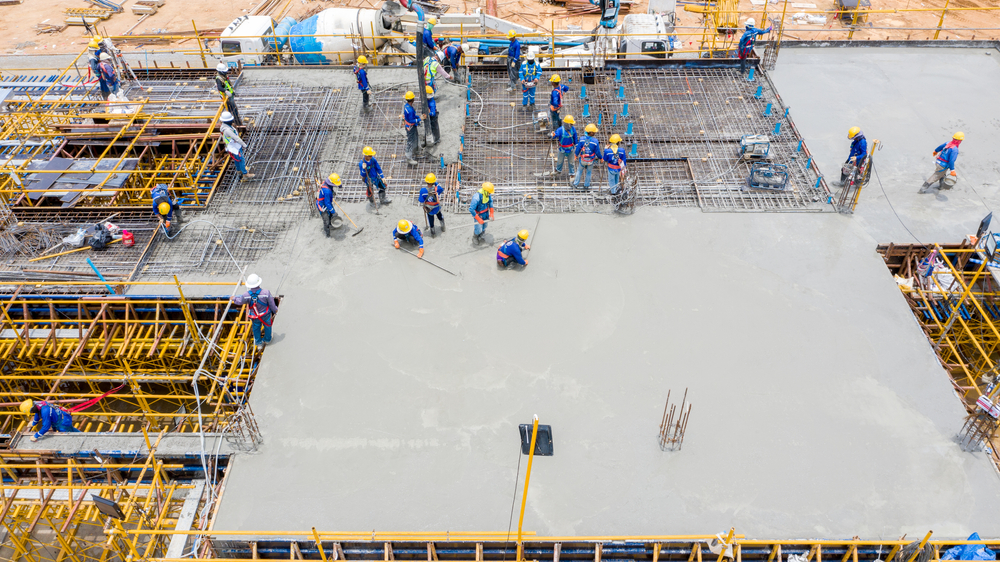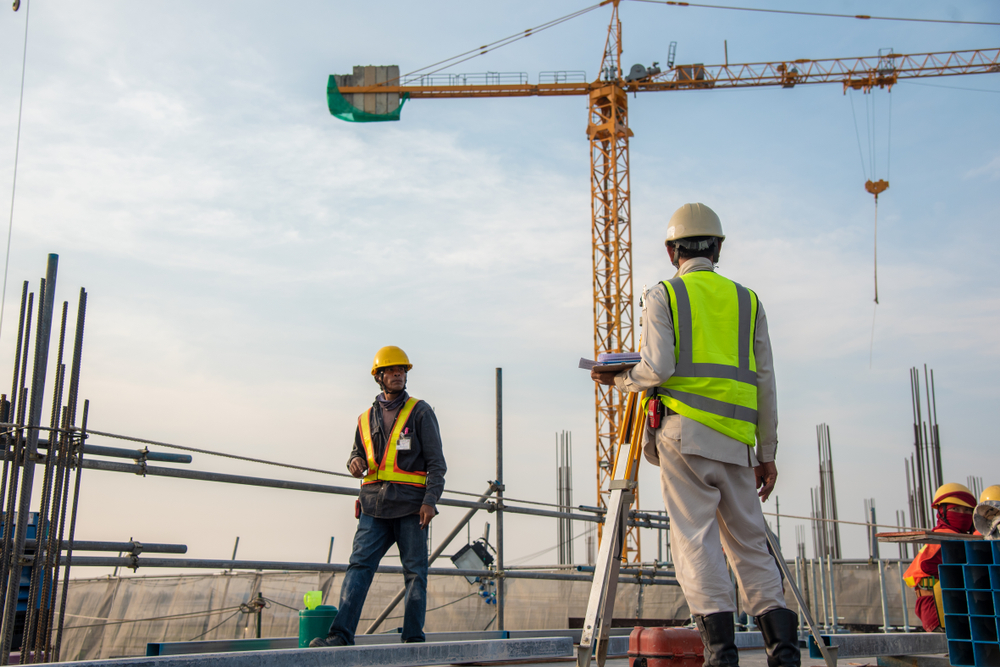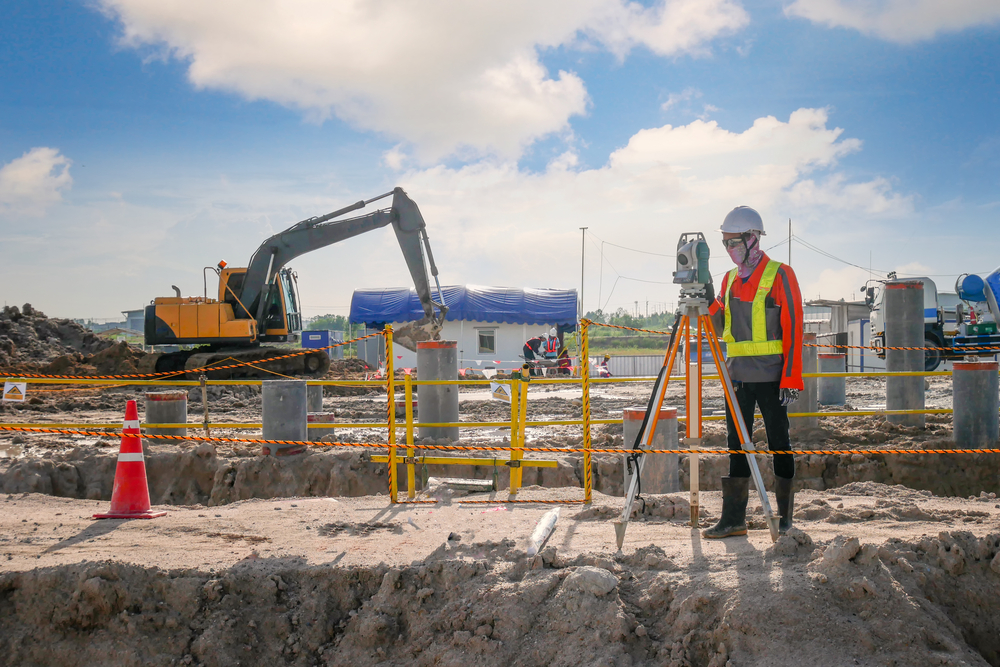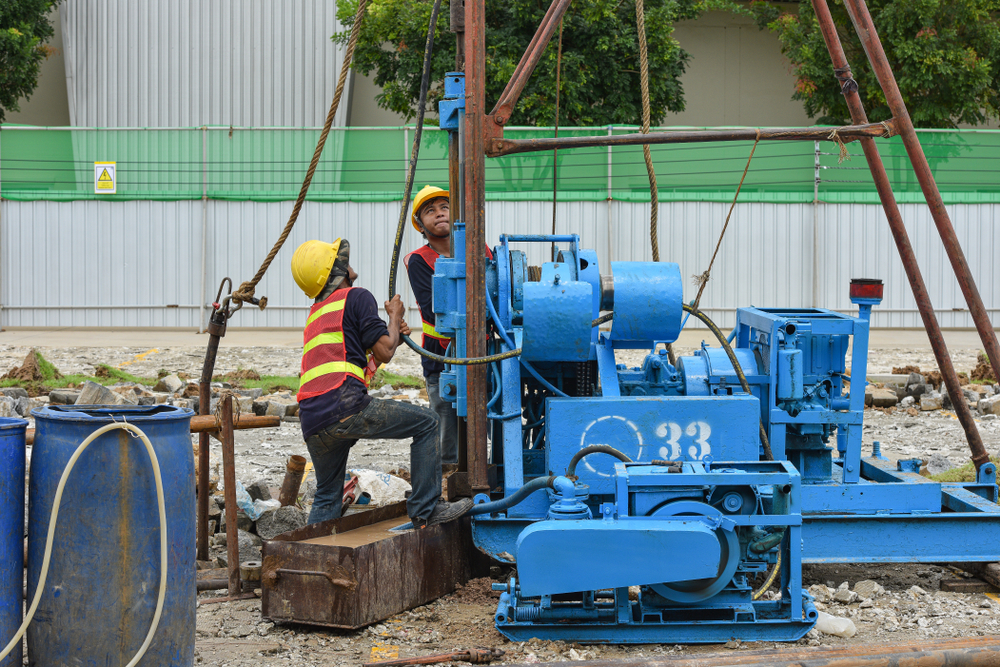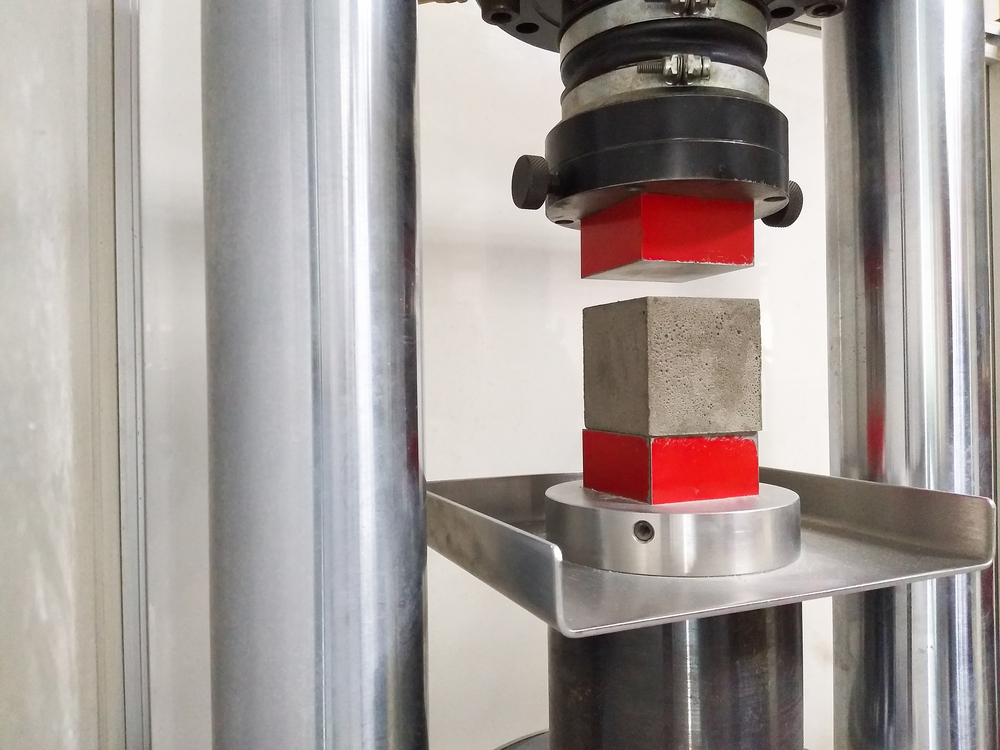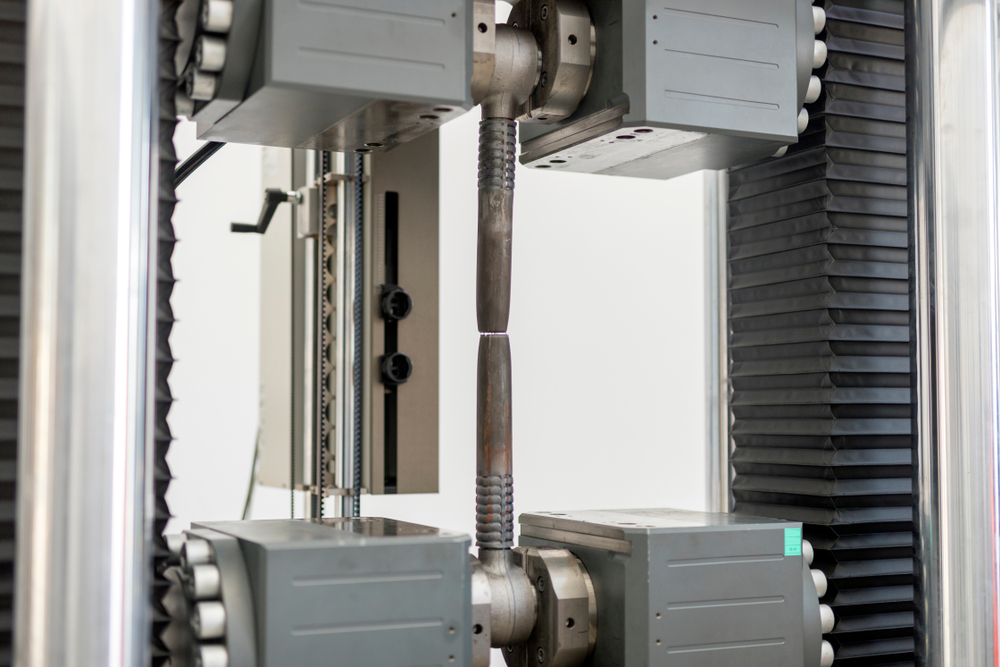Soil Testing
Soil testing is a crucial step in the construction process as it provides important information about the physical and chemical properties of the soil. Here are some reasons why soil testing is important in construction: Foundation design: The foundation of a building is the most critical part of the structure. Soil testing helps determine the bearing capacity of the soil and its ability to support the weight of the building. This information is used to design the appropriate foundation for the building. Soil suitability: Not all soils are suitable for construction. Soil testing helps identify any potential problems with the soil, such as high levels of organic matter or expansive soils, that could cause problems for the building's structural integrity. This information is used to determine whether the site is suitable for construction and what measures need to be taken to ensure the stability of the building. Construction materials: Soil testing also provides information about the soil's composition, which can help determine the suitability of the soil for construction materials such as backfill, gravel, or sand. This information is critical in selecting the appropriate materials to be used in construction. Environmental impact: Soil testing can also help determine the potential environmental impact of construction activities. This includes identifying any potential contamination of the soil, which can impact the local ecosystem and nearby water sources.


